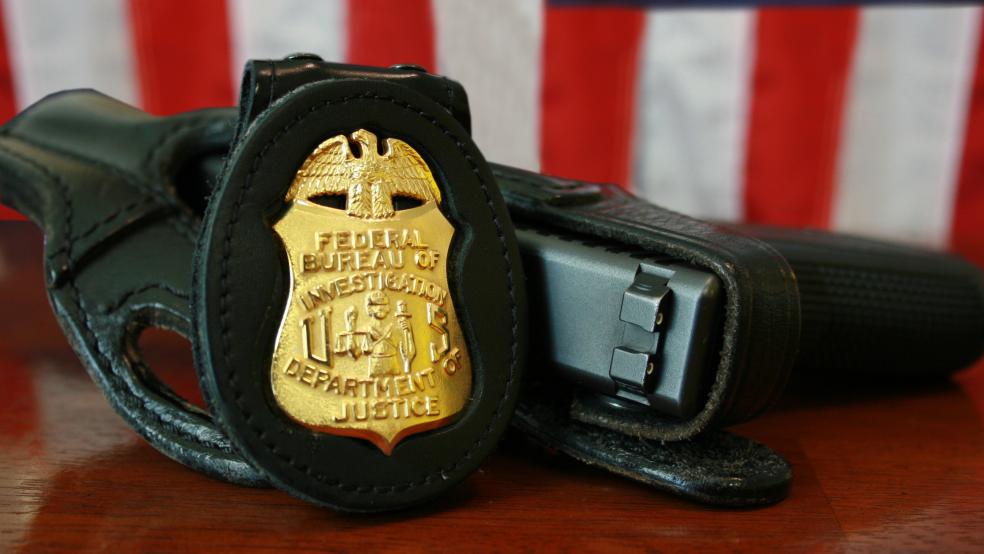The cascade of anonymous sources discussing the internal deliberations at the Federal Bureau of Investigation has been remarkable in the days following the decision by the agency’s director, James Comey, to reveal just 11 days before the presidential election that agents are looking into a new cache of emails connected to Hillary Clinton’s private email server.
Now a new report alleges that Comey declined to add the FBI’s imprimatur to a report from the US intelligence community implicating the Russian government in the hacking of the email accounts of the Democratic National Committee and a number of high-profile Democrats. It wasn’t because he didn’t agree with the finding, the source told CNBC’s Eamon Javers. It was because Comey believed it was too close to the election to make such an announcement.
Related: Why a Growing Number of Republicans Are Criticizing the FBI’s Comey
The surprising accusation is only the latest in a surprising string of leaks from the FBI.
Normally a buttoned-up operation, FBI sources shared information with the Wall Street Journal over the weekend about an ongoing investigation into the Clinton Foundation, internal tensions about whether and how it should proceed, and tales of strife and infighting inside the bureau.
This and other reports came after Comey broke with years of precedent to inform Congress of the discovery of emails possibly relevant to on a computer belonging to former congressman Anthony Weiner, the estranged husband of top Clinton aide Huma Abedin. (Weiner is the subject of an unrelated investigation.)
At the time, Comey apparently did not know whether or not the emails were significant, or simply duplicates of messages the agency has already seen. Despite the possibility that there was actually nothing new or incriminating in them, he made the decision to inform congressional oversight committees, whose Republican members quickly released the information.
Related: As Democrats’ Rage at FBI’s Comey, They Find a Focus: The Hatch Act
In July, Comey made headlines by announcing that the FBI would recommend not charging Clinton with any criminal wrongdoing for using a private email server while serving as Secretary of State. He is said to have felt obligated to release the information to Congress, but that did not insulate him from harsh criticism, often from his fellow Republicans, about what many saw as improper interference in the final days before a presidential election.
The claim laid out in the CNBC story -- by a single source identified as a “former FBI official” -- makes that decision even more puzzling. That Comey should have felt it was improper to inform the American public that a foreign government was attempting to influence the election of an American president, but that it was fine to raise vague insinuations about one of the candidates in that election is sure to stir up even more anger at the FBI director in the final stretch of an election that has already seen more than its share.





